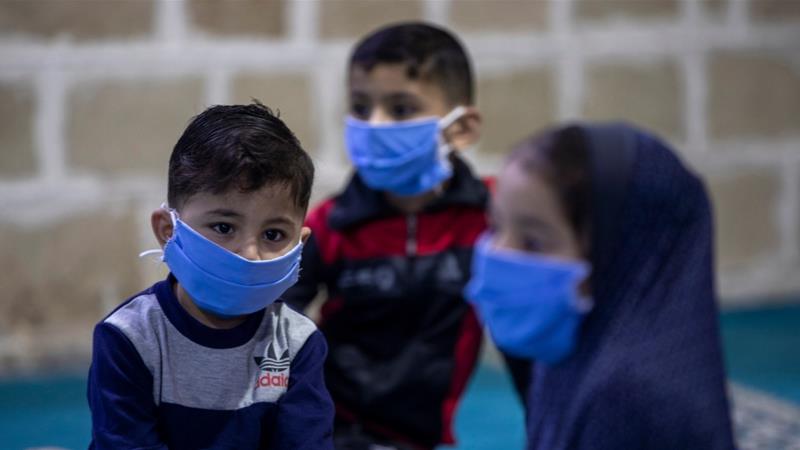Home » World News »
Children facing 'devastating' effect of coronavirus: Report
More than 50 percent of children surveyed across Africa, Asia unable to take part in any form of learning, study says.
The coronavirus pandemic is having a “devastating” effect on children, putting many out of school and at an increased risk of exploitation and abuse, a new report has revealed.
The report, released on Friday by the UK-based charity Street Child, said more than 50 percent of children surveyed across 13 different countries in Africa and Asia are unable to take part in any form of learning amid the lockdown measures.
More:
-
Doctors race to understand new illness afflicting children
-
How to tell bedtime stories in the age of coronavirus
-
Coronavirus lockdown: How e-classes reveal India’s digital divide
Many countries have switched to online learning in an attempt to prevent the spread of the virus, but this has only widened the learning gap between the rich and poor, the report said.
“With schools closed, a lack of access to basic prevention measures such as soap and water, and a very real risk of extreme hunger and even starvation – children and families are in the midst of a crisis that many will never recover from,” Tom Dannatt, CEO and founder of Street Child, said in a statement.
Out-of-school children are also at an increased risk of child labour, forced marriage and recruitment into armed groups, the report added.
“As the pandemic exacerbates existing inequities in education, millions of marginalised children are slipping through the cracks,” the charity’s Global Head of Education Ramya Madhavan said.
In India, which imposed the world’s largest lockdown in March, educationists are worried that a digital movement in education threatens to cut off a sizeable number of children, with only about a third of the students having access to any online content.
Philippine President Rodrigo Duterte said he will not allow students to go back to school until a coronavirus vaccine is available, even as some countries resume in-person classes.
Families in marginalised communities are particularly at risk of infection, with a third without access to water and soap for handwashing and 40 percent living in crowded urban slums or refugee settlements, where physical distancing is not possible, according to the report.
In Pakistan’s Sindh province, despite school closures, more than 900 children under the age of 10 have tested positive for the novel coronavirus.
Source: Read Full Article



